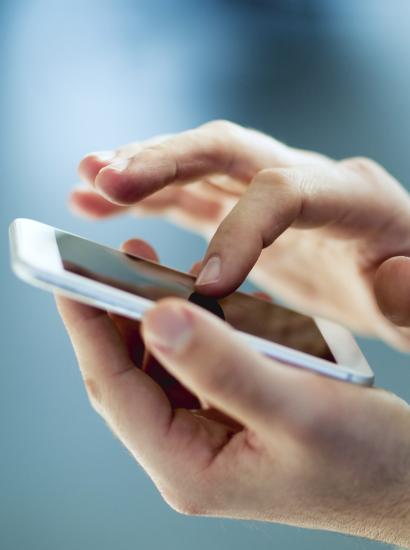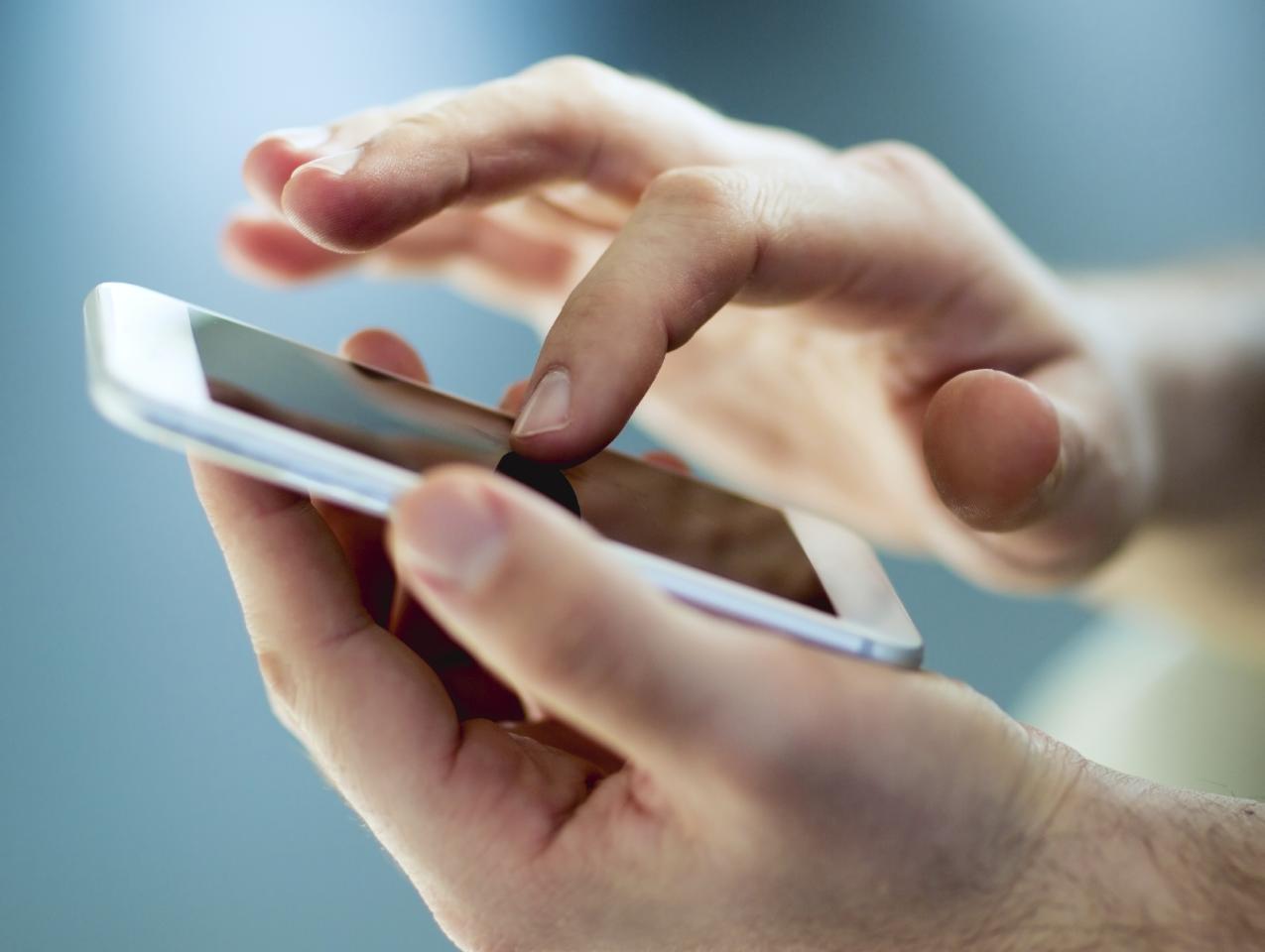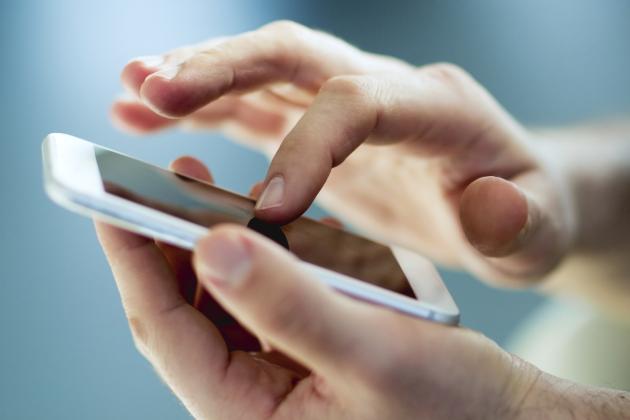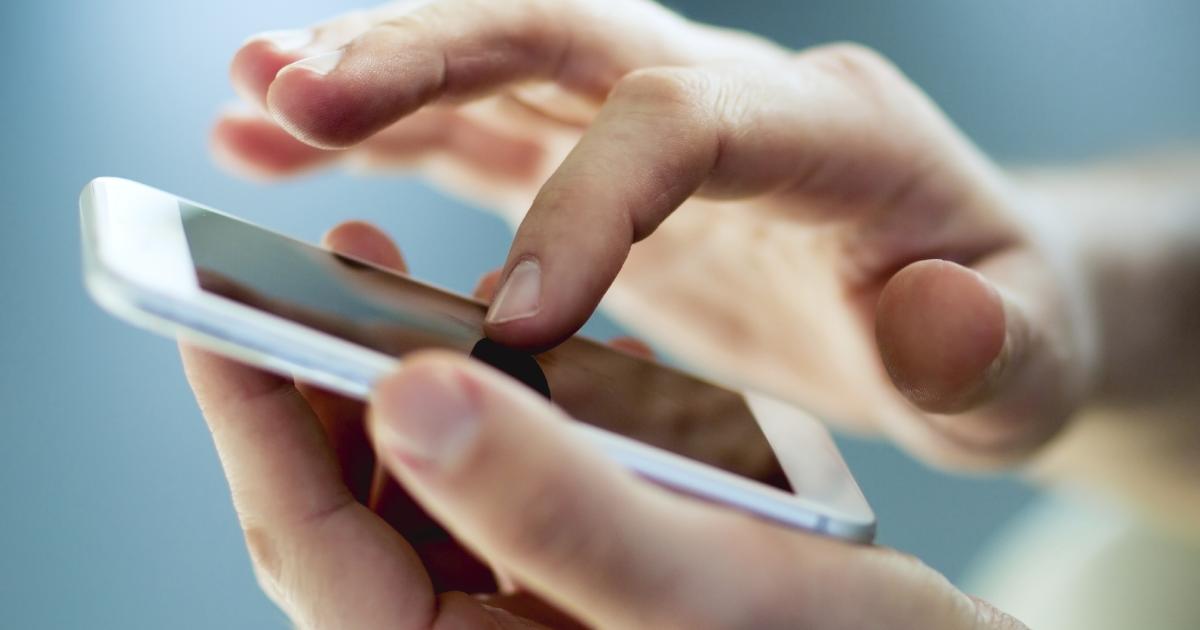- Economics
- Budget & Spending
- Energy & Environment
- Science & Technology
The CPUC decided just Sunday to remove this proposed tax from its January agenda following a new FCC ruling that defines texting as an information service rather than telecommunications. While the text tax is off the CPUC’s agenda for now, it may come back in some different guise. More broadly, it is useful to know just how the $1.5 billion California agency that regulates private utilities and transportation carriers thinks about taxing you, and their proposal to tax texting is an eye opener. The column below has not been edited to reflect the decision to remove the text tax from the Commission’s January agenda.
The California Public Utilities Commission (CPUC) was scheduled to vote next month on levying a new tax on cell phone texting. Yes, the state that is constantly looking to increase tax revenue thinks it has found a new tax revenue base in our increasing reliance on cell phone texting. The motivation for this proposal is that revenue from voice calls is declining as texting is becoming an increasingly important form of communication, and the CPUC wants to restore at least part of that lost revenue.
The proposed cell phone texting tax revenue, which the commission forecasts to be $45 million per year, will be used to fund access to communication services for low-income users. And if they have their way, the commissioners are not only going to tax you going forward, they plan on retroactively taxing texts that you sent for the last five years. Only in California could this proposal see the light of day.
The CPUC apparently has not decided on how the tax will be levied. Will it be a monthly surcharge? Will it be a fraction of a cent on every text that is sent? Or every one hundred texts that are sent? But if the form of the tax has not been specified, then how can the commission estimate the revenue that the proposed tax will raise? Well, they really can’t do this now, can they? Unless you think that making a back-of-the-envelope guess can be called a “tax revenue forecast,” I don’t see how the forecast can be anything other than a guess at this point.
Whatever revenue arises from this tax will almost certainly be less than the CPUC’s estimate. This is because the texting tax is perhaps the most badly designed tax proposal that I have ever seen. This includes the United Kingdom’s decision to tax capital income at nearly 100 percent in the 1940s and ’50s, and the extremely distorting tax systems that funded the very generous welfare states of Western Europe in the 1980s and ’90s.
The “text tax” proposal violates nearly every principle of efficient taxation developed by economists and used by governments in designing tax systems. The bottom line is that efficient taxes are ones that distort consumer and business decisions very little, which in turn means that fairly small tax rates can be used. This proposal represents an extraordinarily inefficient tax. This is because there are remarkably good, untaxed alternatives to the taxed texts, and these untaxed alternatives will substantially reduce the tax base that the CPUC is targeting.
Specifically, the tax will only apply to text messages known as SMS and MMS texts, which are sent through the phone’s built-in messaging software. If you have an iPhone, these types of messages appear as text in a green bubble on your phone. In contrast, “iMessages” appear as text within a blue bubble. IMessages, and other types of text communication that use popular platforms such as WhatsApp, Facebook Messenger, Snapchat, and others, cannot be taxed by the CPUC because these communications are sent over the Internet.
What this means is that if users simply shift to one of the alternative forms of communication that are extremely good substitutes for SMS and MMS messages, then the text tax revenue simply dries up. If this new text tax is adopted, then the net result will harm consumers, as they will spend time making sure that their texting is going through a non-taxed platform, and realized tax revenue will be very small, thus defeating the purpose of the tax. Only in California.
More broadly, it is not clear whether the CPUC has thought through the details of this proposal. What if users purchase a phone in another state? How will their texts be taxed? If taxed users move from California to another state but keep their California number, will they still be taxed? The text tax proposal is the poster-child of a very poorly designed tax.
The motivation for the tax, which is to increase communication access for low-income households, is not even relevant. You have to search far and wide to find any large demographic group that is not already saturated with cellular communication devices. The Pew Research Center conducted a survey of cell phone use last year. You can probably guess what they found: nearly everyone has a cell phone, including low-income users.
Their findings show that 100 percent of eighteen-to-twenty-nine-year-olds have a cell phone, and this is a demographic group that tends to have lower incomes. The survey also showed that close to 100 percent of those earning above $30,000 per year had a cell phone, and that cell phone usage was 90 percent even for the lowest earners. The elderly had slightly lower cell phone usage at 85 percent, but this is still quite high.
Moreover, increasingly sophisticated cell phones are helping households economize on other communication platforms, as some households are now eschewing landline phones and household broadband subscriptions. Rapidly advancing cellular technology is a boon to society. Low-income households in California face many challenges, but lack of a cell phone is not one of them.
In a state where the political leadership markets itself as standing up for the poor and oppressed, the texting tax could ironically become the most regressive tax in the state. This would be the case if the CPUC designs this new tax simply as a fixed surcharge that you would pay with each month’s bill. Moreover, it would only hit the poorest and least informed cell phone users, including the elderly, who may be using very old cell phones that can only send SMS and MMS texts. But you can imagine that almost any form of this tax will be incredibly unpopular with consumers.
And let’s not forget that the state government has a $15 billion surplus, which suggests that the state should be embarrassed for seeking out this new tax. If you are thinking this, then you would be spot on almost anywhere else in the country. But this is California.
















